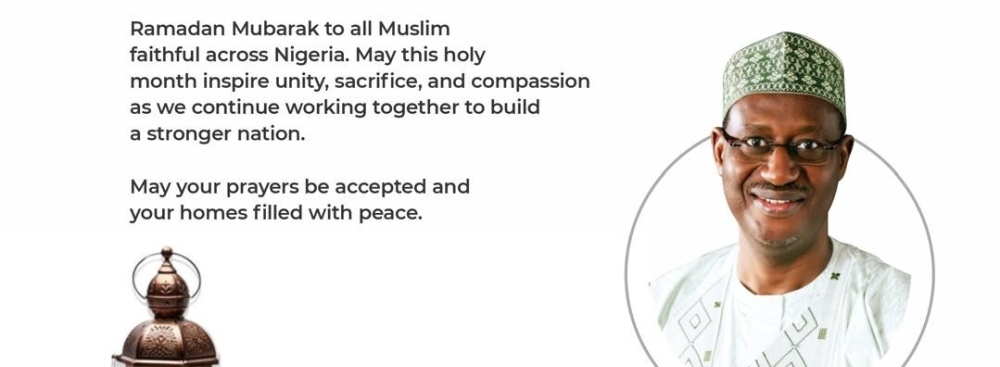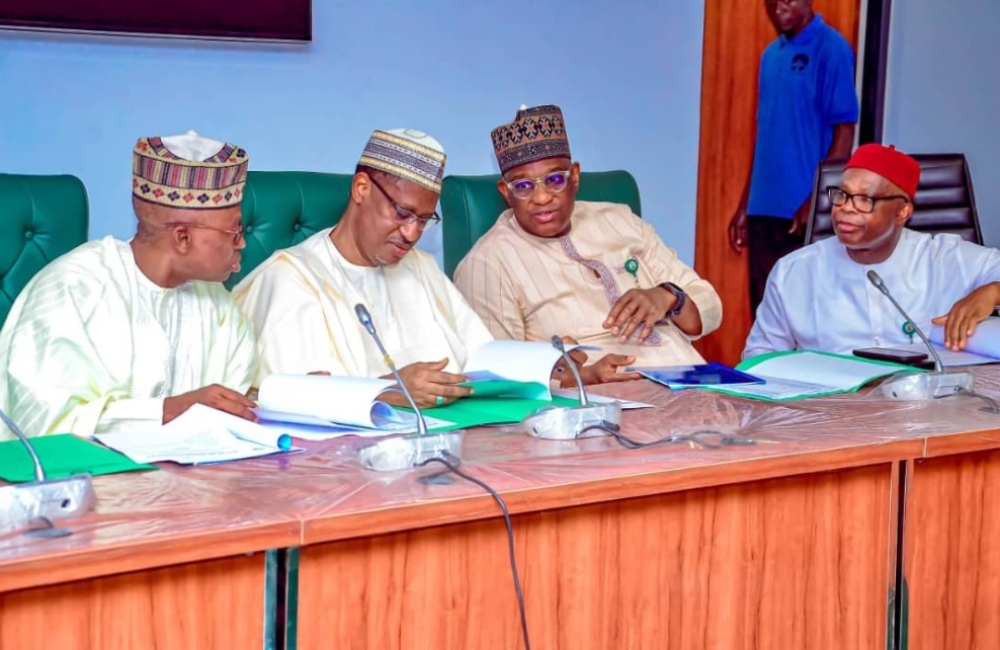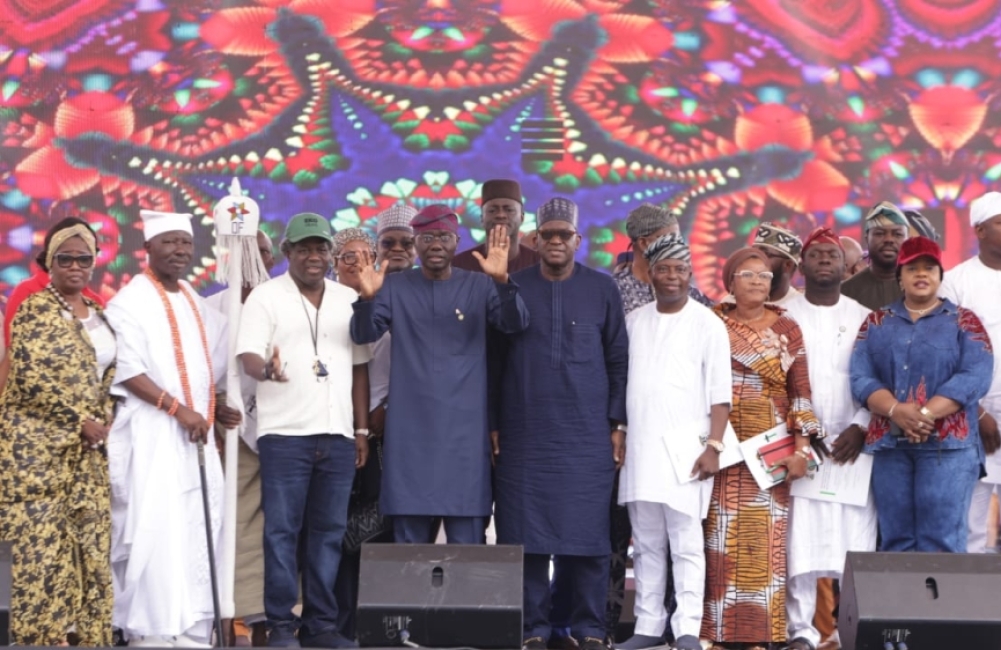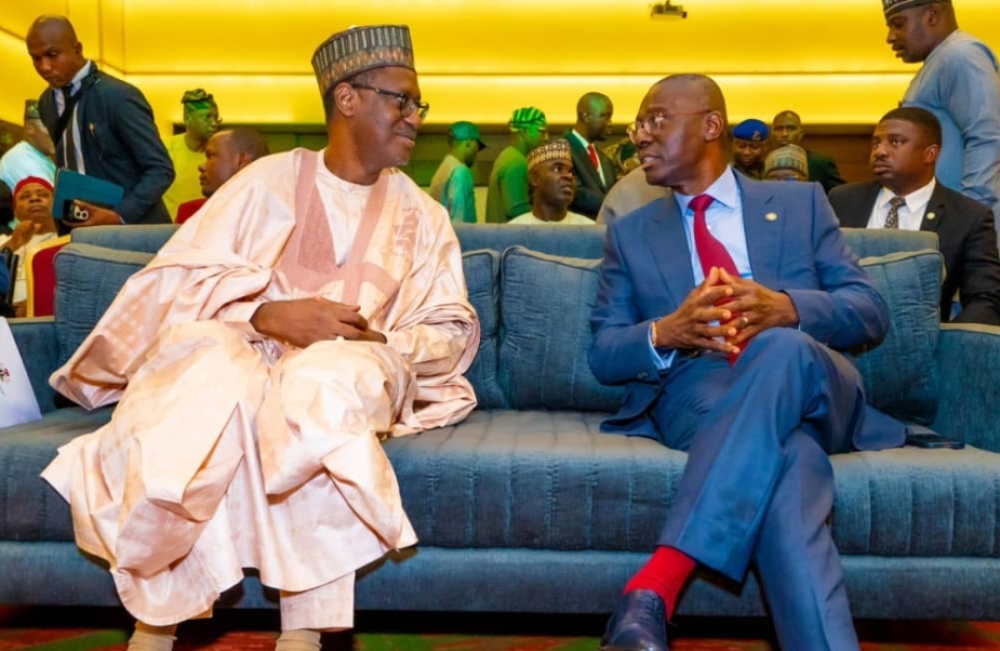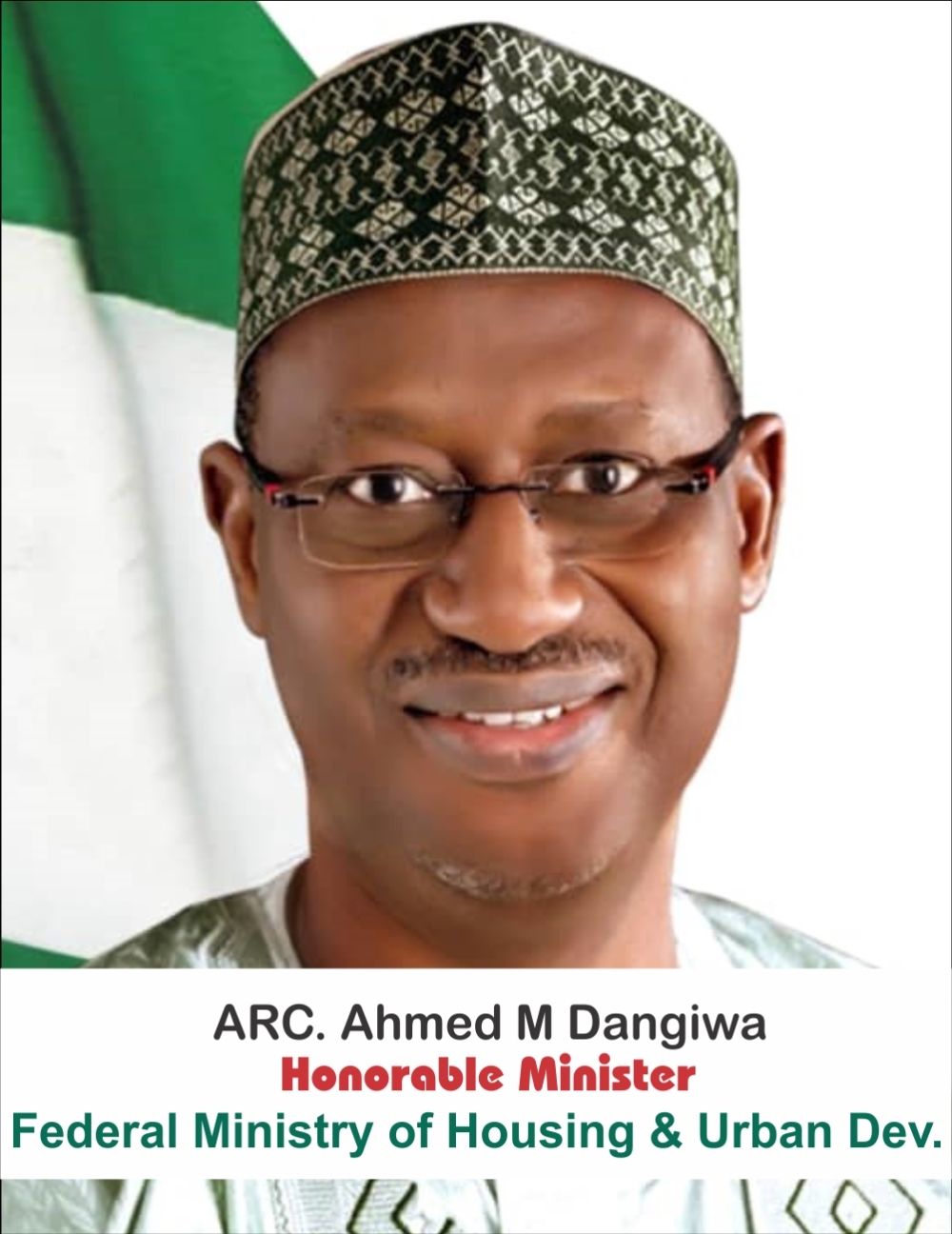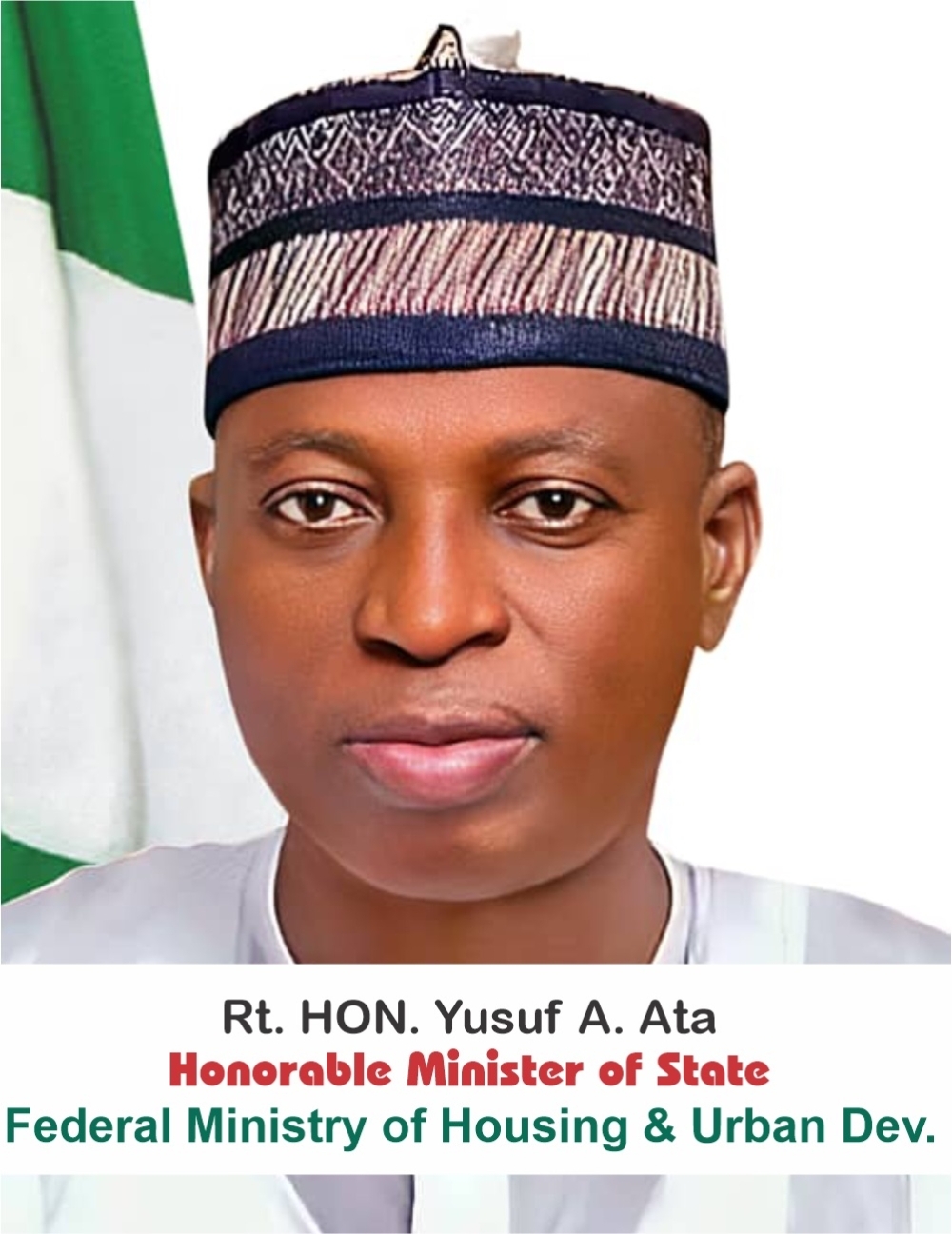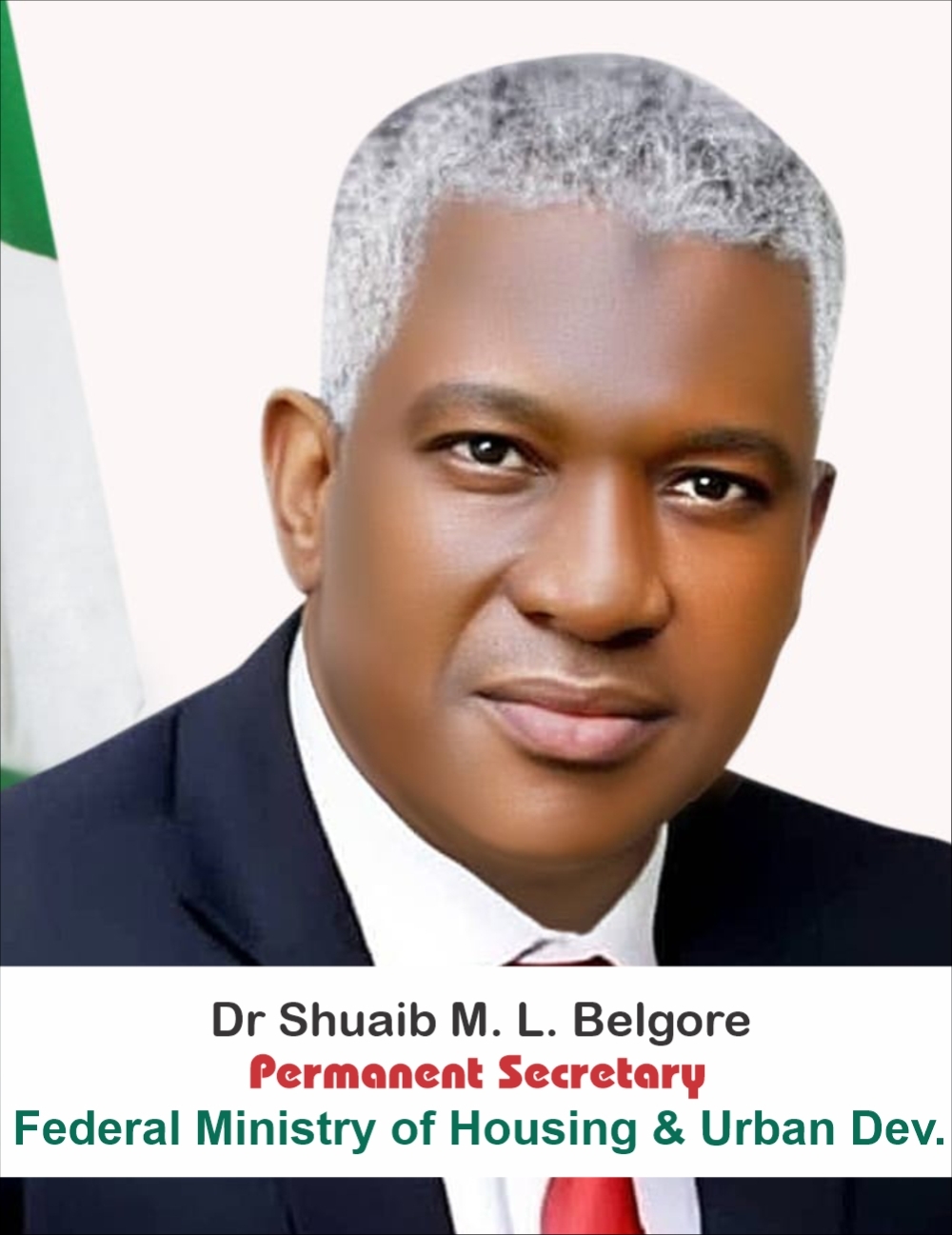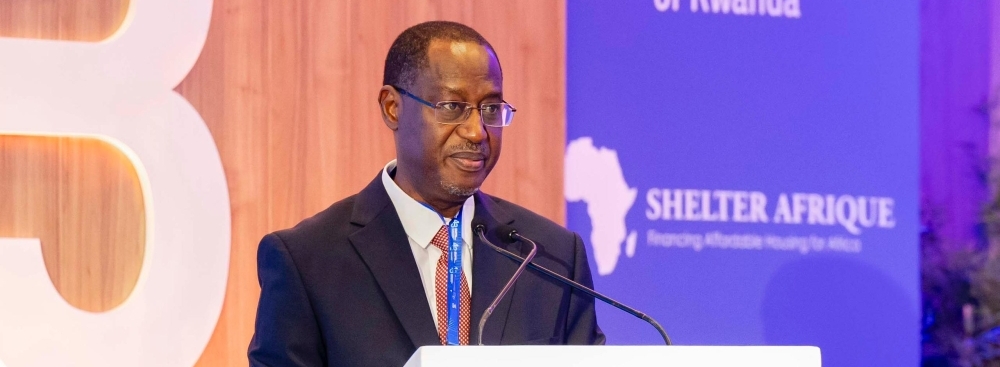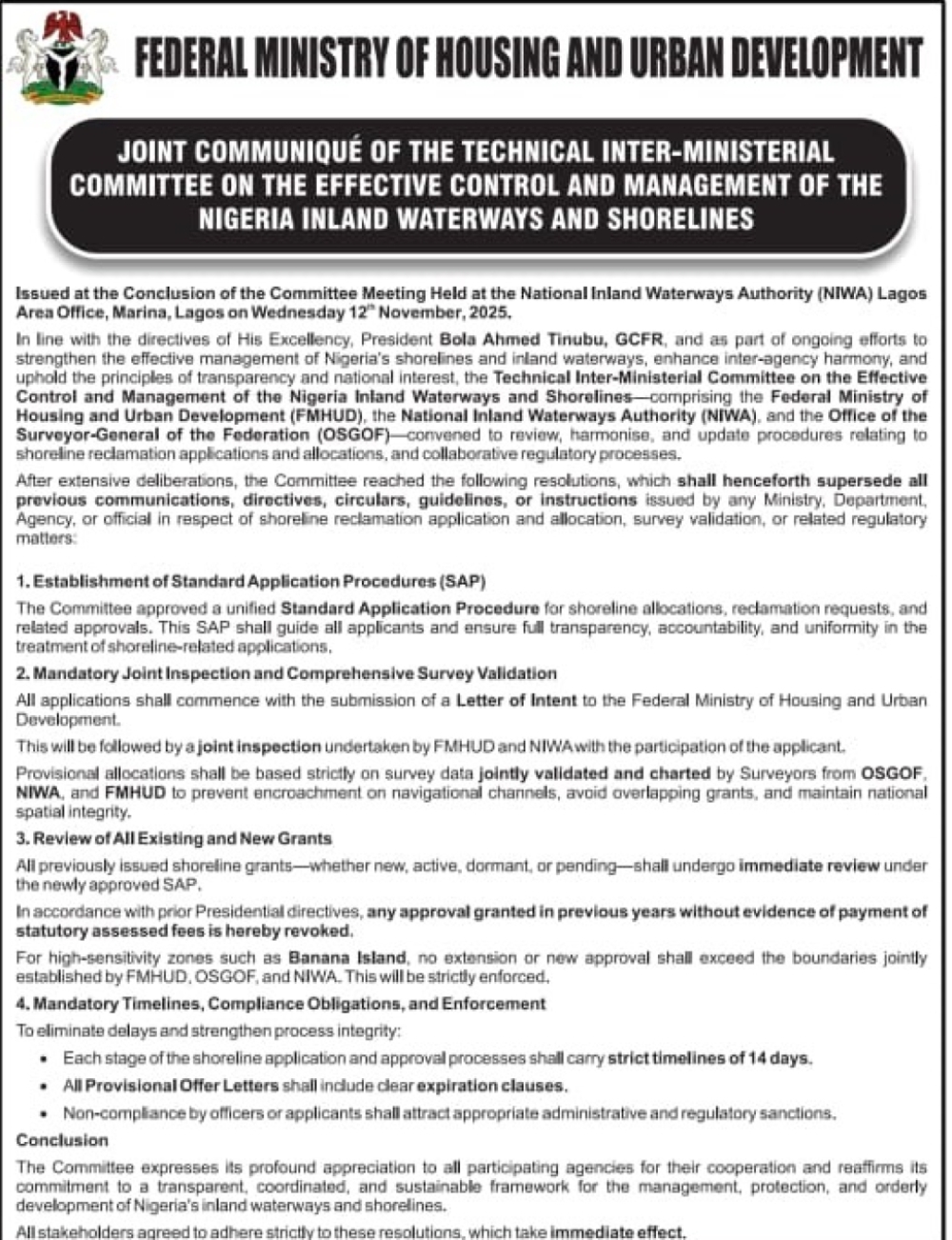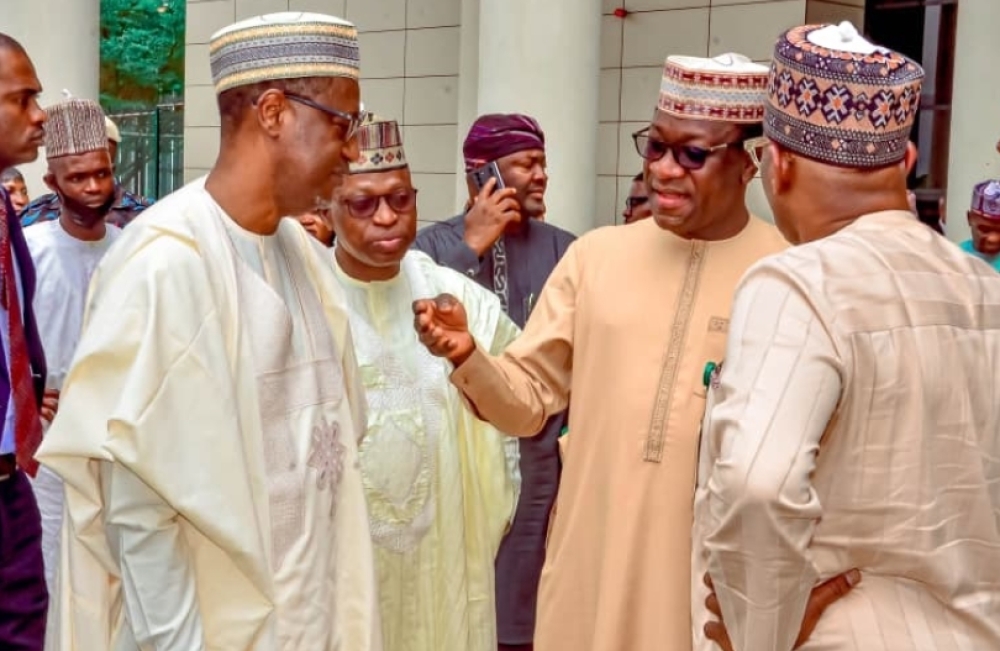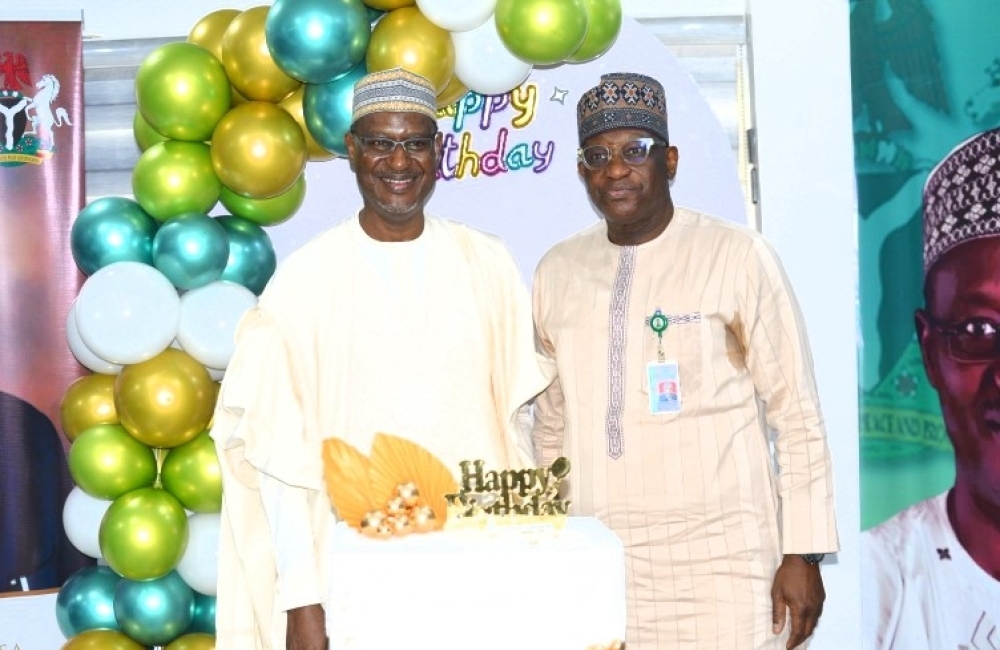Opening Remarks by The Hon. Minister of Housing and Urban Development, Arc. Ahmed Musa Dangiwa, Outgoing Bureau Chair of The 42nd AGM, at The 43rd Annual General Meeting of Shelter Afrique Development Bank (SHAFDB) on Tuesday 11th June 2024 Holding At The Marriott Hotel In Kigali, Rwanda
Protocols:
Esteemed Guests, Honored Delegates, and Colleagues, all protocols observed,
1. It is my great pleasure to welcome you all to the Shelter Afrique Development Bank’s 43rd Annual General Meeting holding here in Kigali, the Capital of Rwanda.
2. I am especially delighted to finally see so many of you, for the first time in person. Your presence here today and in the coming days demonstrates a commitment to the growth of this bank.
3. ShafDB is Africa’s housing finance bank, the only such institution that we have. It is therefore important that we all continue to give the bank all the support that it requires to grow, scale in impact and deliver on its mandate. Particularly, this support, I believe, is critical to our efforts as Ministers of Housing to leverage private sector finance towards providing affordable, decent and quality housing to our people across Africa.
4. Before I go on, I would like to on behalf of the 42nd AGM Bureau and the Management of ShafDB, sincerely thank the President of the Republic of Rwanda, His Excellency, Paul Kagame, and the Government of Rwanda for agreeing to host this 43rd AGM. The beauty, neatness and orderliness of Kigali and its hospitality is simply breathtaking.
5. I would also like to extend my profound gratitude to the ShafDB Board of Directors under the leadership of Dr. Chii Akporji for their support throughout my tenure as Chairperson of the 42nd AGM Bureau. With their support, we were able to accomplish great milestones and guide the bank towards a path of clarity and reform.
6. I must also acknowledge the exceptional efforts, drive and dynamism of our Managing Director, Thierno Habib Hann. Over the course of my time as AGM Bureau Chair, I have seen Mr. Hann demonstrate an untiring dedication, innovation and leadership that I believe is necessary to achieving the goals of a transformed ShafDB.
7. I want to acknowledge and commend the contributions of ShafDB management and staff. Their collective efforts contributed significantly to the successful transition from Shelter Afrique to Shelter Afrique Development Bank. To all of you, I extend my deepest appreciation.
8. I am pleased to inform you that during the Extraordinary General Assembly in Algiers, member States overwhelmingly supported the ratification of our new statutes. This consensus is a significant milestone in our journey to establish the Shelter Afrique Development Bank. Our discussions went beyond words. We recorded concrete measures to expedite the ratification process. It is important that we foster transparent dialogue about our current state and identify additional steps to enhance our progress.
9. Although we anticipated completing the ratification process within a few months, we find ourselves still awaiting full ratification. As of yesterday, only a few countries had ratified the Statutes. This situation poses challenges that we must quickly address.
10. Building robust alliances is essential for our success. I thank all member States for their financial contributions and support. I am proud to report that our Bank recorded a profit last year, a feat that was once considered impossible.
11. Looking ahead, it is important that we sustain and maintain a momentum of growth. I am optimistic and anticipate that the new Chair of 43rd AGM Bureau, Hon. Dr. Jimmy Gasore, possesses the capacity to effectively guide this revitalization process.
12. Our financial report highlights our unique assets, which position us for global success. The key question is how we can best leverage these resources to benefit our member States. On this too, I am confident that the new leadership will provide the management with the support they require to maximize impact.
13. During the course of the AGM, we plan to launch a Financial Caucus of African Ministers of Housing and Urban Development. I believe that this platform will help us create synergy, tap from our collective and unique strengths to fashion out innovative ways and measures to bolster housing development in our respective countries.
14. Like I said at the EGM in Algiers, the African housing problem is for Africa to solve. And we as Ministers of Housing must recognize that we are the ones responsible to providing the solutions and driving the process towards fixing Africa’s housing challenge. What this means is that we must work together. We must share experiences, challenges, lessons and solutions. We must combine efforts in our engagements with external stakeholders and maximize our engagements. We must seek to tap the immense benefits that come from working as a unified group towards solving the African housing problem. Working in silos is no longer an option. This is because as Africans, we are one. We have a common continent; we have a common destiny, and our progress or backwardness reflects on us all.
15. At the end of this AGM, we also plan to have a Kigali Declaration to signify and communicate our collective desire to Prioritize housing development and commit to taking concrete steps towards making a substantial difference. The Kigali Declaration aims to unify our voices to achieve common goals and tackle shared challenges. It seeks to highlight to the global community the urgent need for coordinated action on climate change, emphasizing its impact on Africa.
16. It is important to state that the Kigali Declaration will not just be words on paper. We have ensured that it is based on a well-prepared roadmap for "How to Finance and Deliver," leveraging the professional expertise around Shelter Afrique Development Bank. Our aim is to make a difference. Our aim is to create impact and build a new and more progressive narrative that delivers concrete results in terms of homes for our people, jobs and economic empowerment. And this, I believe is possible.
17. Importantly, with the existential threat of climate change, the housing industry serves a key lever to achieve the climate ambition and sustainability targets of the region.
18. As we deliberate during this AGM, I implore us to always strive for compromise and ensuring a commitment to upholding the laws and statutes that hold us together. As a big organization with shareholding of over 44 independent and sovereign countries, we must all commit to staying within the boundaries of what the laws state.
19. Before I conclude, I want to express my gratitude to all those who continue to participate in our collaborative efforts, despite occasional disagreements about our direction. Your commitment strengthens us and propels us forward.
20. Our achievements over the past year underscore the importance of strategic planning and building strong connections. Perseverance through challenges and setbacks is crucial. This year, we have reached several objectives we can be proud of.
21. Despite our successes, we must remain vigilant and not rest on our laurels. New and existing challenges will continue to emerge. It is vital to sustain our current relationships and cultivate new ones.
22. Regardless of the decisions we make, I am confident that we will make them together, as a united body.
Thank you.
Honorable Minister Arch. Ahmed Dangiwa
